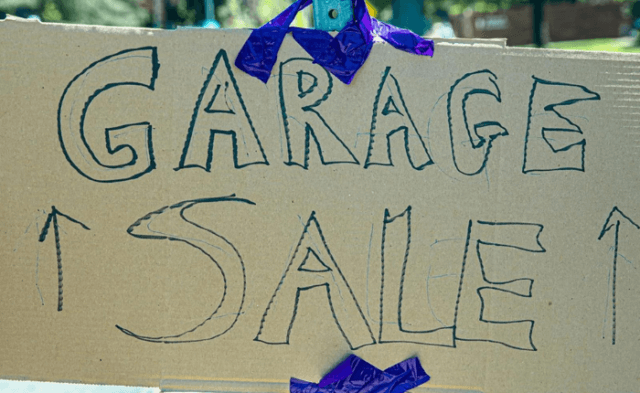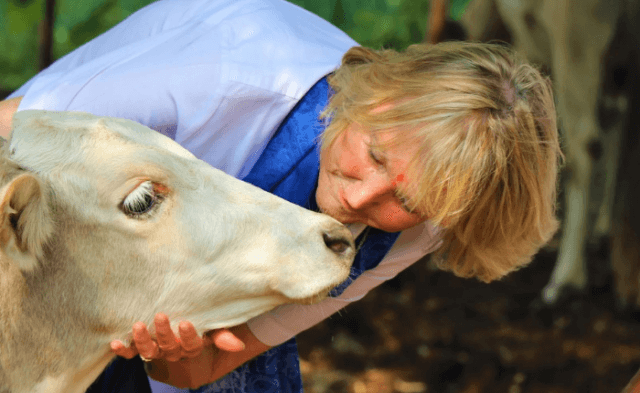Please enjoy this article from the latest issue of our magazine, PETA Global. To begin your subscription, become a PETA member today!
Recently, a staff member arrived at PETA’s headquarters in Norfolk, Virginia, and saw a cat carrier outside. People sometimes donate such items to us, and we’re grateful. But when he went to pick it up, two pairs of green eyes looked back at him.
Thank goodness nothing had happened to the cats during the night. Chances are, having tried other facilities with
“no room at the inn,” their owners feared it would be the same with us. But as an open-admission shelter, PETA
never turns any animals away, ever.
‘No-Kill’ or No Help?
The same can’t be said for an ever-increasing number of shelters, which are implementing “no-kill” policies,
including turning animals away because they’re almost always full, putting animals on months-long waiting
lists, charging “surrender fees,” and limiting their hours of operation – motivated by nothing more than a desire
to boost their artificial “saved” statistics. It’s a dangerous trend that’s fueling an epidemic of abandoned animals
with nowhere to go.
PETA receives endless reports of unwanted animals who come to an awful end: being tossed out onto the highway,
dumped in the woods, or thrown into a river to drown. Within just 24 hours, 20 cats were left outside an Ohio
shelter that only accepts “adoptable” animals – that is, if space is available. A Chihuahua was seriously injured
when she was thrown over the fence at a “no-kill” shelter that charges a fee and requires appointments. After being turned away at a Florida shelter, a kitten’s owner abandoned him in the parking lot, where he got hit by a car and died from his injuries.
If unwanted animals wind up in the hands of phony “rescuers” (hoarders) – like the one in California whose
house burned down with 100 cats trapped inside in carriers – then sadly, it’s out of the frying pan into the fire.
Sheltering With Mercy
Animal shelters’ most important responsibility is to prevent the suffering of as many animals as possible. That means adopting socially conscious sheltering policies, i.e., taking in all animals (without waiting lists or fees), making sound euthanasia decisions, providing lowcost spay/neuter services to attack the homeless-animal crisis at its roots, helping with pre-surrender and post adoption advice and support, and thoroughly screening potential adopters.
No one wants to euthanize, but socially conscious shelters accept the responsibility to do what’s needed: to offer a painless release for the seriously sick, injured, and aggressive as well as those with no good chance of adoption. It’s an act of mercy – unlike mercilessly slamming the door in the faces of people with unwanted animals who may end up abandoning or harming them because they have nowhere else to turn. PETA found the two cats left on our doorstep a loving home together. Others facing injuries, hunger, thirst, parasites, and a slow death can thank the “no-kill” movement for valuing numbers on a page more than the flesh-and blood animals they turn away.
Take Action Now
Please support socially conscious shelters – starting with never calling them “kill shelters,” which they don’t deserve. Donate supplies, volunteer to walk dogs, or hold a yard or bake sale to raise funds. And please also support PETA’s shelter and low-cost spay/neuter clinics at PETA.org/CAP.





